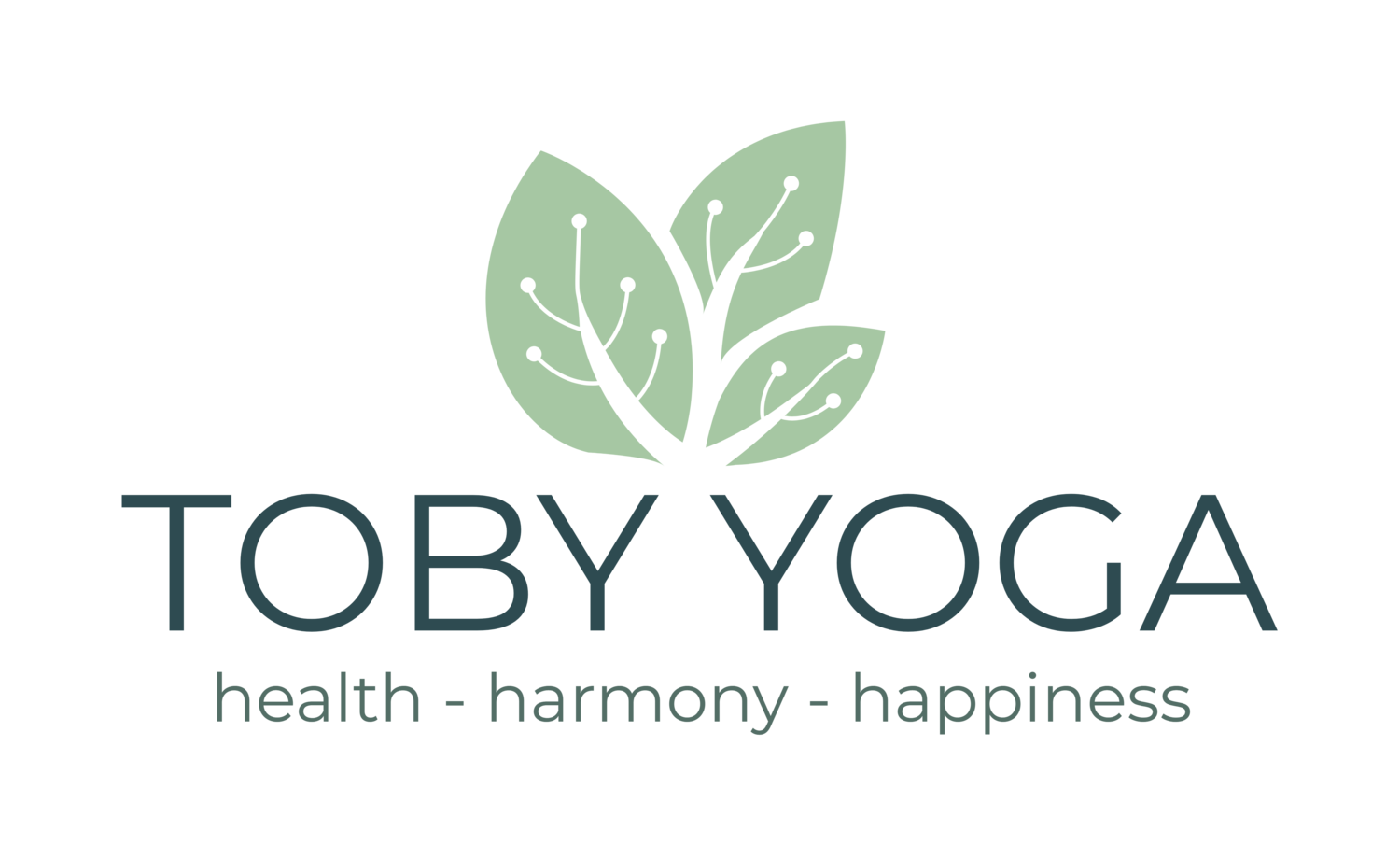This is a time of great change and uncertainty. It is all new, with events unfolding fast. We’re in unchartered territory, a situation that none of us are used to dealing with.
Many of us are experiencing shock, disbelief or even denial, as we grieve for the way things used to be and for the things that now won’t be. We may be feeling fearful and more anxious than usual. This is natural and perfectly normal, as we begin to process what we have lost or may be about to lose.
However, as with any bereavement it is often helpful to focus on the practical – those things we can do, rather than the things we can’t.
By being proactive we are taking steps to reduce our anxiety, to overcome our fear and to help ourselves get through these dark days as whole and as healthy as possible.
Most of us have a regular schedule or routine, which has been severely disrupted or completely disappeared.
Here is something practical you can easily do to bring some order back in your life, by creating a simple framework to live each day by. I have used this successfully with my therapy clients. Like them, you will discover that it helps you find some certainty in these uncertain times.
What you choose include in your framework is up to you, but it will probably consist of many of the following things:
Get up and make the bed – don’t lie in bed brooding or ruminating if your wake up feeling anxious, get up and get going. Making your bed may seem insignificant but is a small yet effective way to start a chain of positive activity happening throughout your day.
Wash or shower
Get dressed – this will encourage you to keep going and get on with your day.
Meals – it may be tempting not to eat, particularly if you’re feeling low, but it’s important for your physical and mental wellbeing to eat breakfast, make lunch and enjoy a healthy dinner.
Healthy snacks
Exercise – walking, running, yoga, stretching, dancing to uplifting music, working out at home, etc.
Hobbies – something you already enjoy, used to enjoy or something you’ve always wanted to try e.g. reading, play a musical instrument, learning a language, painting, sewing. Etc.
Chores – housework, filing, admin, catching up on correspondence, gardening
Connecting with family, friends or colleagues – by phone, email, video call, or taking to neighbours over the garden wall, etc.
Work – this might be paid work or preparing work for when the opportunity arises.
Rest – relaxation, meditation, listening to soothing music, etc.
Sleep - keeping a regular nighttime routine is particularly helpful in achieving a good night’s sleep.
It is helpful to write down your framework as a guide and a reminder – you might even want to schedule some of the activity into your calendar and see it as making ‘appointments’ with yourself.
See it as something to aspire to do each day, so life becomes more normalised. However, remember it’s not set in stone, so feel free to adapt and change your framework as needs be.
I hope this helps and will be sharing further suggestions on reducing anxiety, sleeping well and maintaining good mental health in future blogs.

